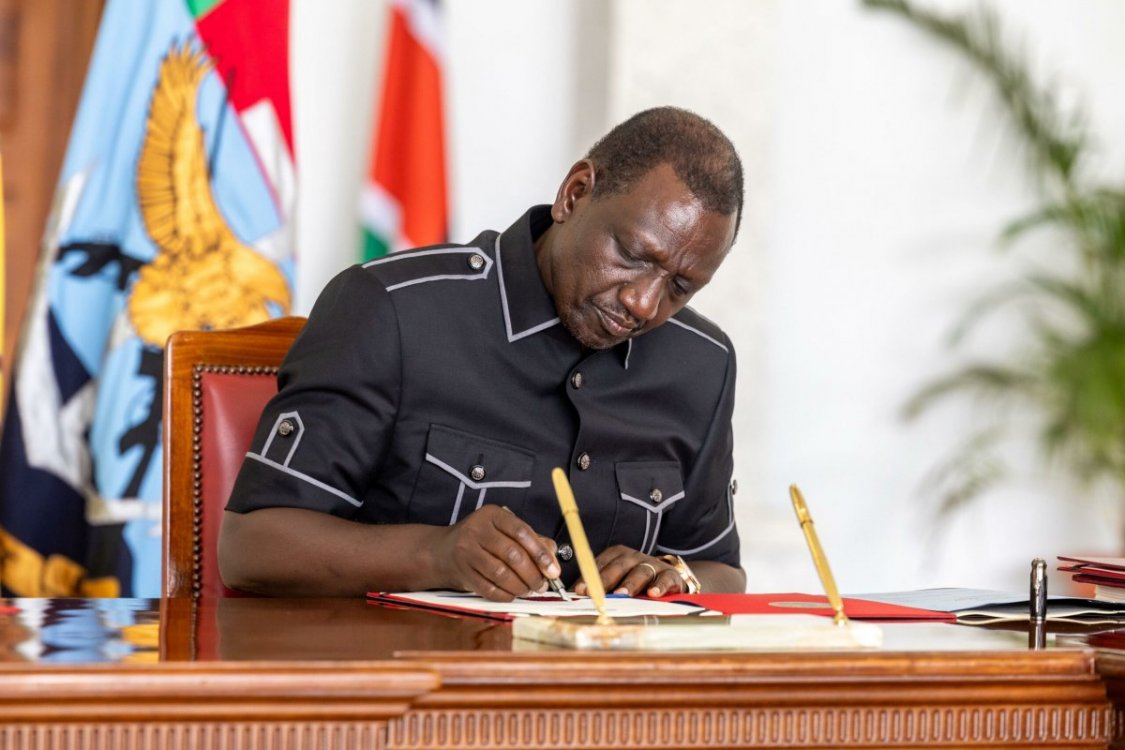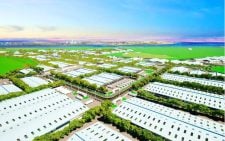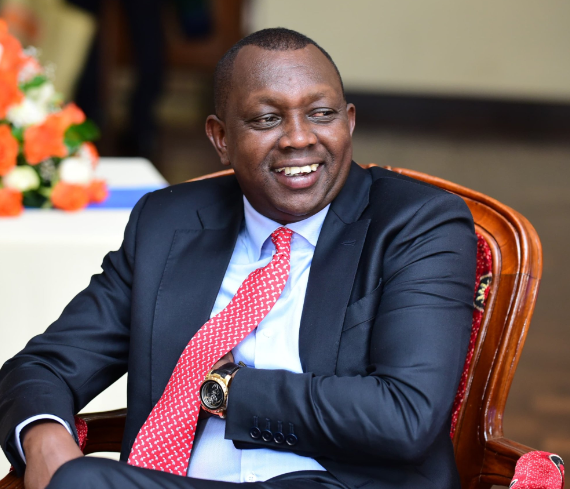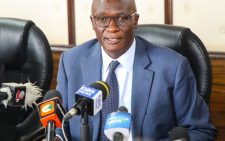2025 budget: More money should go to development
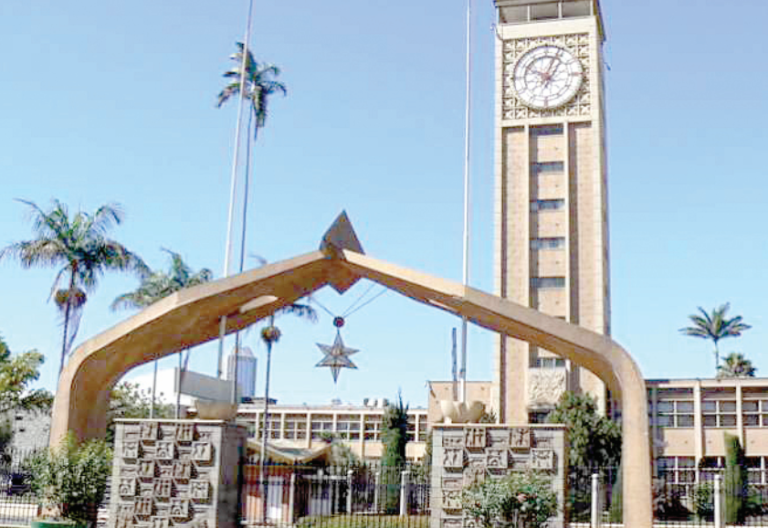
The budget is a political instrument largely entrusted to Parliament with input from Kenyans through public participation.
This is the tool with which Kenyans make decisions about national resource distribution, which is an emotive issue.
The last Finance Bill was the subject of debate that resulted in deadly protests that claimed the lives of young, brave Kenyans who were demanding accountability from a government they felt was impervious to reason.
Already, Gen Zs have issued their unmistakable ultimatums, calling for a reasonable and economically-friendly budget.
The Gen Z movement has declared that it is strongly opposed to the FY 2025/26 budget, which they call “economically oppressive”.
Top on their list of demands is a balanced budget, emphasising that the country must live within its means.
They also demand that every line of the budget be justified with evidence for purposes of honesty and accountability, insisting that this is non-negotiable.
The young people also insist that the budget not impose extra taxation of any form on Kenyans, that no more loans be borrowed without public participation and approval, and that there be value for every tax.
Young people also cite the ballooning expenditure on salaries and allowances at the expense of development programmes.
The budget has always been a case of missed and misplaced opportunities. And this seems to be the case with this year’s budget.
A chunk of the Ksh4.2 trillion budget to be presented today will go to recurrent expenditure.
According to the Institute of Economic Affairs, a massive Ksh1.72 trillion, or about 41 per cent of the total budget, will go to recurrent expenditures such as paying civil servant salaries and administrative operations at the expense of development projects.
Only Ksh704.35 billion is allocated for development spending, a category that includes the construction of roads, schools, water, health infrastructure, and power projects.
The imbalance sparks growing concern over the government’s inability to fund transformative projects at a time when Kenyans are grappling with a high cost of living and job scarcity.
Development projects help create jobs and generate money in the economy.

